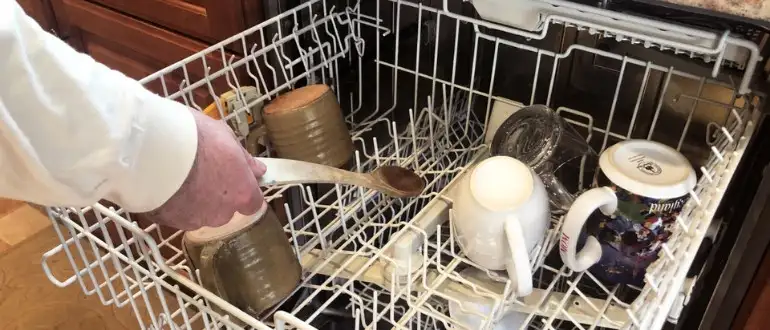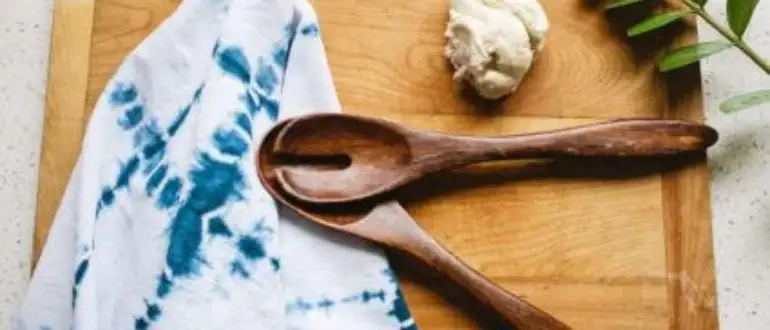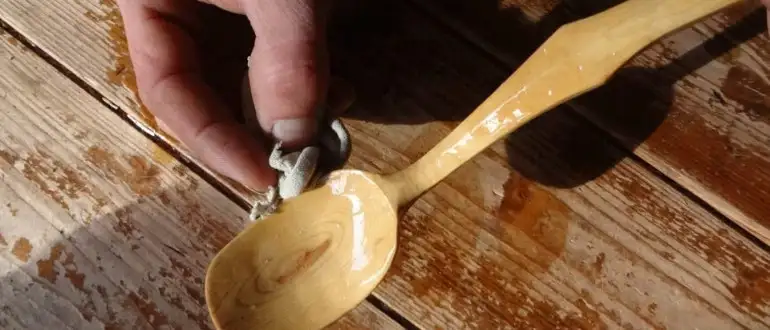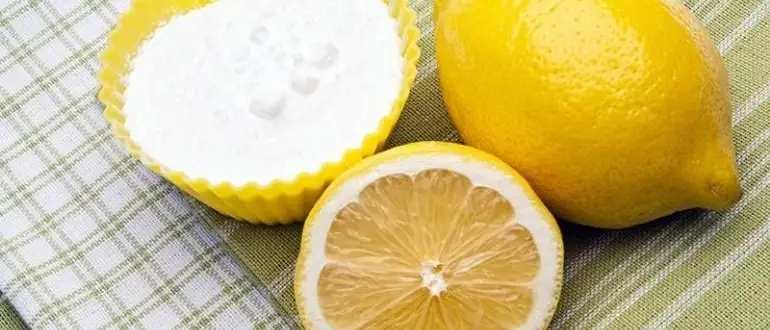Kitchen utensils come in a variety of materials, but metal, plastic, and wood tend to stand out as the most common ones.
For cleaning up the utensils, there is nothing more convenient than having a dishwasher at home.
But, when you are to clean the wooden ones, you may find yourself holding a wooden spoon and asking, “Can this go in the dishwasher?”.
We can assist you with this, as well as any queries you may have concerning wooden cookware and dishwashers.
Can Wooden Spoons Go In The Dishwasher?
When it comes to cleaning stainless steel kitchen equipment, the dishwasher is typically the best option.
However, refrain from putting the wooden spoon in the dishwasher because doing so can damage the spoon.

Yet, if you still want, you can always check for a dishwasher-safe mark before throwing them in the dishwasher.
The Dishwasher Can Ruin Your Wooden Spoons:
After a heavy meal, even though it may appear to be the most convenient alternative, don’t put your wooden cooking utensils and cutting boards in the dishwasher and set it to “deep clean.”
Because wood is an organic material, prolonged contact with water can degrade its quality.
However, wooden spoons aren’t the only items in your kitchen that might be damaged by the dishwasher’s detergent. Yet, they seem to be the worst sufferer.
Dishwasher detergent and hot water may strip wooden spoons of their oils, causing them to splinter and break.
You may be able to wash lots of strange items in the dishwasher, but you should always clean the wood items, specifically the wooden spoons by hand.
How To Wash The Wooden Spoons Then?

There are at least five magnificent ways to clean up the wooden spoons.
All you need to do is simply stick to these cleaning formulas to keep your wooden spoons fine for a long time.
1. Wash By Hands:
Always wash wooden spoons by hand with soap and water after each use and allow them to air-dry.
The more frequently you clean your wooden spoons, the longer they’ll last. Using a dishwasher to clean wooden spoons is a bad idea.
2. Use Oil To Treat:

Having wooden spoons that appear a little dry is a normal part of owning a kitchen. They could even break up.
Discard the broken ones, which are merely encouraging food and bacteria to build up and multiply.
Linseed oil, tung, mineral oil, walnut, etc. are the most ideal options out there to rejuvenate dry spoons.
As the olive oils and vegetable oils have a known propensity to grow rancid, in particular, you should not use them for cleaning up your wooden spoons or any wooden utensils whatsoever.
3. Use Vinegar Effortlessly To Remove Any Buildup:
However, if you see any buildup, don’t worry. Spend an entire night soaking crusty spoon in a mix of 1:1 white vinegar to the water.
If that doesn’t work, try scrubbing the tough buildup with a copper or stainless-steel scour.
4. To Get Rid Of Scents, Use Lemon Or Baking Soda:

These spoons will inevitably become discolored and acquire aromas and scents over time.
Stains and odors that have been there for a long time are likely to go away. However, if the stench persists, eradicating it is a simple matter.
You may use a water and baking soda mixture or a half lemon cut side to scrape the surface.
Simply sprinkle baking soda over them, abundantly squeeze lemon juice, and let the spoon marinade for a few minutes is another option.
Once you’ve washed it off with soapy water, let it air dry completely.
5. Hydrogen Peroxide Is An Effective Disinfectant:
As a final precaution, you can sterilize your spoons with soap and water if you are concerned about bacteria. After that, apply hydrogen peroxide and wait for it to dry.
Ensure that they have been well cleaned before usage.
Tool and board treatments with spoon butter will hold their protective coatings better than treatments with only mineral oil.
Moreover, if you still want, for the dishwasher-safe marked items, you can run the items through the dishwasher once if necessary.
So, wooden spoons are easy to maintain and should endure for many years if properly cared for.
Safety Precautions:
A lot of people find using olive or vegetable oil convenient.
But, as I have mentioned, you should always remember that oiling wooden utensils with olive or vegetable oil may ultimately become rancid and make you ill, therefore it’s important to use the right type of oil for this purpose.
FAQ About Cleaning Wooden Spoons In The Dishwasher:
Is It Bad To Put Wood In The Dishwasher?
Whenever you expose wooden utensils to excessive heat and moisture are highly susceptible to warping, splintering, and breaking.
Woodcutting boards may be severely damaged by water, high heat, and the length of a dishwashing cycle.
Can Wooden Spoons Grow Mold?
Yes, mold can develop on wooden spoons.
It’s important to fully clean wooden spoons before storing them since they are more prone to mold if they aren’t properly dried.
Mold develops around the wooden spoon as a result of bacterial growth.
When Should You Throw Away Wooden Spoons?
Wood items may be safer to use for a longer amount of time because of their capacity to inhibit the transmission of germs, but they do not endure indefinitely.
When cracks occur in your wooden cutlery and chopping boards, you should throw them off.
Is It Possible To Microwave A Wooden Spoon?
Yes, without it having any negative effects, you can use a wooden spoon in the nuker.
To be clear, wooden spoons without metal handles are perfectly OK.
Those with metal handles are the ones that will do the most damage to your microwave.
Final Thoughts:
Dishwashers don’t like wooden spoons and other wooden utensils including bowls, cutting boards, and the like.
Wood may bend, splinter, and crack after being subjected to intense heat and moisture for an extended period of time.
Instead, to make the most of your wooden spoons, use warm, soapy water and a towel to wash wood objects by hand, and try them fully before setting them aside.

